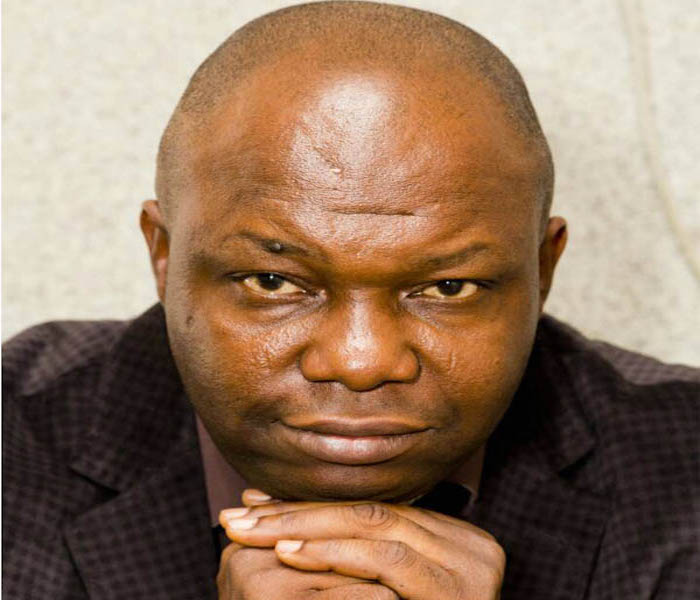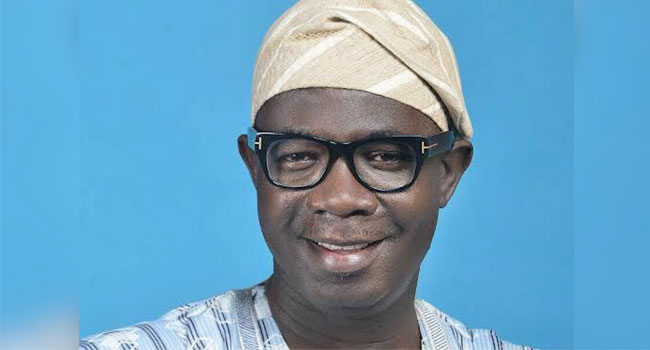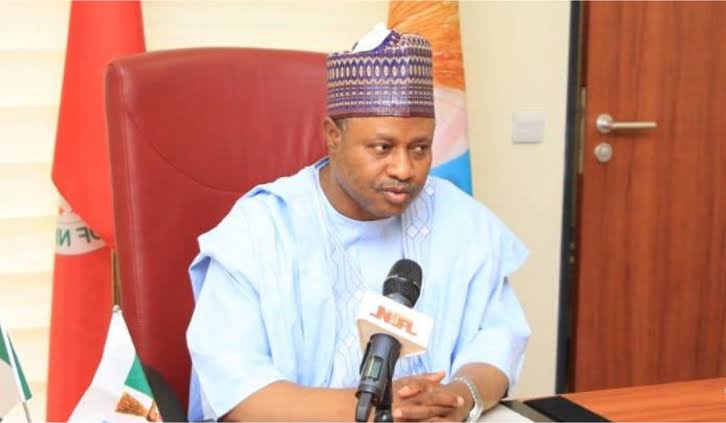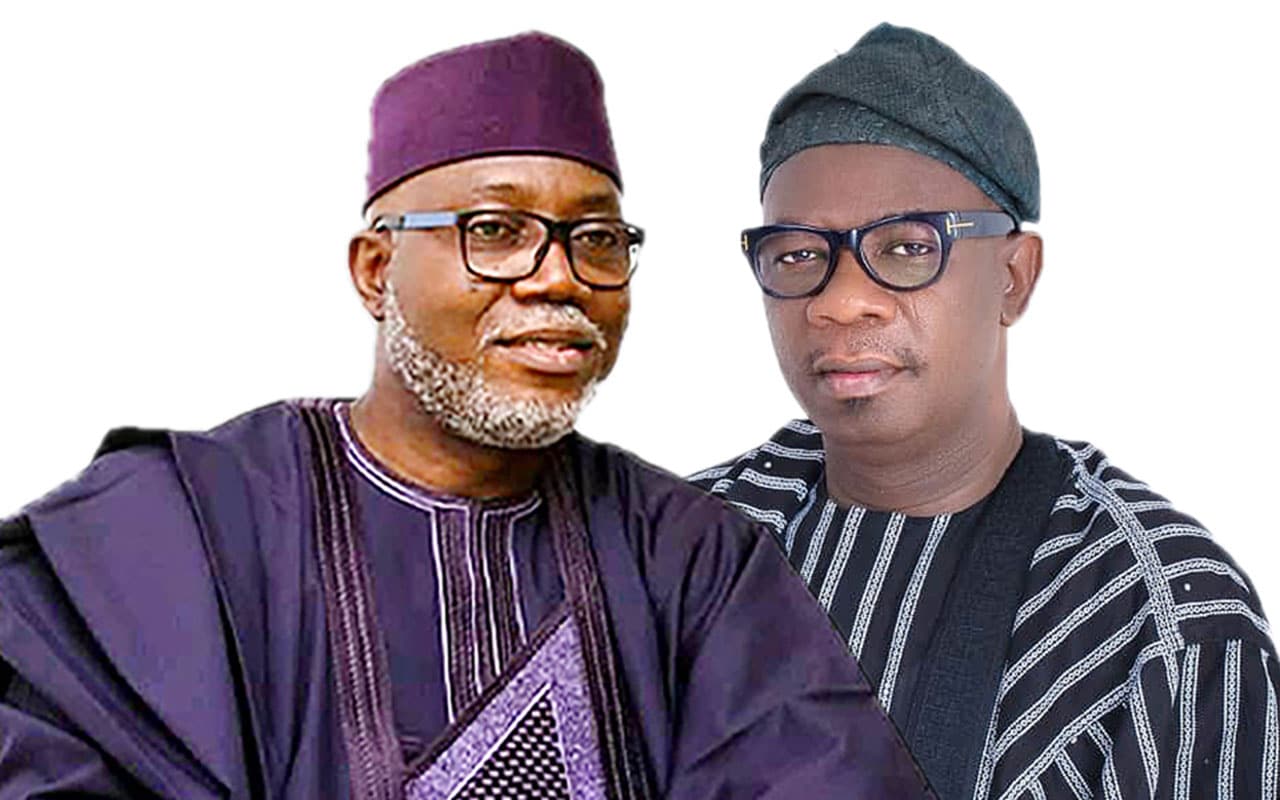Last Thursday, August 1, turned out to be a day fraught with fears, following the insistence by some groups to go ahead with their planned hunger protests aimed at drawing the attention of governments at all levels to the excruciating poverty caused by bad governance.
Before the D-Day, some analysts had predicted that the protests may not hold due to mounting pressure on the protest leaders to postpone the demonstrations. The secretary of the government of the federation (SGF), Senator George Akume, pleaded with the protesters to postpone the exercise, warning that security reports had shown that bandits and insurgents had finalised plans to hijack the protests and unleash mayhem and inflict destruction on the country.
Slowly But Persistently
Less than 24 hours to the day of the planned protests, groups from various parts of the nation on Wednesday issued a torrent of press statements, announcing their pull-out from the protests. Despite the government’s appeals to the shadowy organisers, sources close to planners of the protests revealed that there was no going back. Expectedly, tension grew thick and assumed a frightening uncertainty on the morning of Thursday. Slowly but persistently, the planned protests came alive in various states as angry protesters walked their threat under the protection of security agencies. From Abuja to Lagos; Kano to Rivers, some traditional media and social media platforms beamed live coverage of the protests.
The demonstrators were well organised and refused to be confined to approved designated routes in some cities such as Abuja, Lagos and Kaduna, among other state capitals. Anti-protest groups also showed up in some of the protest venues in Abuja, with their comments only exposing them as paid agents. Even in their responses, it was clear that these anti-protest elements were only put in to justify their hiring fees. But because of the interruption by urchins and other petty criminals in some of the protest venues, Thursday turned out to be one of the most organised protests. In Suleja, Niger State, demonstrators had commenced the protest about 72 hours to the D-Day. By Thursday, no fewer than 19 persons were reportedly killed in Abuja, Niger, Kano, Jigawa, among other states.
Avoidable Violence
It was a hectic job for the police as other security personnel were deployed to assist in the maintenance of law and order. In Lugbe, an Abuja suburb, the police, for several hours, battled jobless street elements that were determined to unleash a wave of havoc, with the Airport Expressway turned into a battleground that caused traffic gridlock for motorists. The protests in some states left wreckage caused by the outrage of citizens suffering from hunger. Though those opposed to protests canvassed for a postponement to provide President Bola Tinubu enough time to resolve issues raised by the protesters, the rumbling hunger of the masses, made worse by endemic corruption, was symbolic of the fact that the nation was sitting on a time bomb.
Even the fire-spitting Minister of the Federal Capital Territory (FCT), Barr. Nyesom Wike, has called on the protesters to embrace dialogue. The fear that elongation of the protests beyond two or three days could spiral out of control is forcing the government to review its strategies to check the activities of desperate hoodlums stored in warehouses. Pictures of youths destroying public infrastructure and the killing of protesters in some states have been condemned as defilements of democratic values. Democracy is anchored on listening to alternative voices and ensuring that all groups are carried along in a ballot system of government. When the will of the people under democracy is threatened, protests remain the only effective weapon for redirecting leadership’s focus to the common good.
What To Do Now!
Thursday dispelled such doubts if the government has been doubtful of citizens’ capacity to come together for protests. That some brigands, during the demonstrations, took advantage and unleashed destruction is condemnable and that such should never be repeated. Disagreements and protests are the enablers of strength for democracy that works for the overall interest of the common good.
President Tinubu has missed a golden opportunity to feel the pulse of citizens whose living conditions have plummeted since he announced the removal of fuel subsidies. All the president needed to do was to simply agree to meet with the protesters at Eagle Square and give them an opportunity for a parley. Of course, the security forces may have been opposed to such a move, but history has shown that it has never been in the character of Nigerian citizens to harm their leaders. It’s only in Nigeria that the oppressed pray for the good well-being of the oppressors.
Without prevarication, the only way to sustain and deepen our democracy is through dialogue and by providing effective platforms for constant engagement with electorates. Tinubu, who said the presidency has been a life ambition, should avoid doing anything that could convince the people that democracy has become a wobbling failure in providing basic necessities of life. In the coming months and years, President Tinubu should work hard to calm the frayed nerves of a penury-stricken citizenry whose confidence in our democracy is cascading down the valley of hopelessness and gathering a storm of doubts over its capacity to work for all.

 3 months ago
46
3 months ago
46















 English (US) ·
English (US) ·